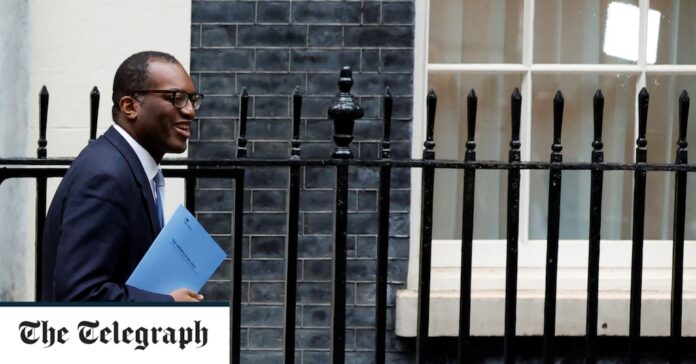Thankfully Jeremy Hunt has not swung the pendulum too far back from pro-growth policies towards unnecessary austerity
If you believe some of the noises from Whitehall and Westminster, Jeremy Hunt had to deliver a tough Autumn Statement in order to repair the damage that Kwasi Kwarteng’s mini-Budget had done to the UK’s credibility in global financial markets. This may be a convenient narrative, but it makes little sense.
For a start, any negative impact from the mini-Budget had already unwound. It is hard to disentangle UK-specific moves from global trends. But over the past month the yields on UK government bonds have fallen further than those in other markets, and sterling has rebounded strongly.
It might still be argued that this was in anticipation of the return of some form of austerity. However, it was surely sufficient to cancel the measures in the mini-Budget that had most unsettled the markets, including the abolition of the 45p rate of income tax, and to scale back the universal support under the Energy Price Guarantee.
In contrast, few in the City were calling for large tax increases and spending cuts at a time when the UK and global economies are sliding into recession. Kwarteng’s mini-Budget did not go down badly with the markets because they wanted austerity instead.


